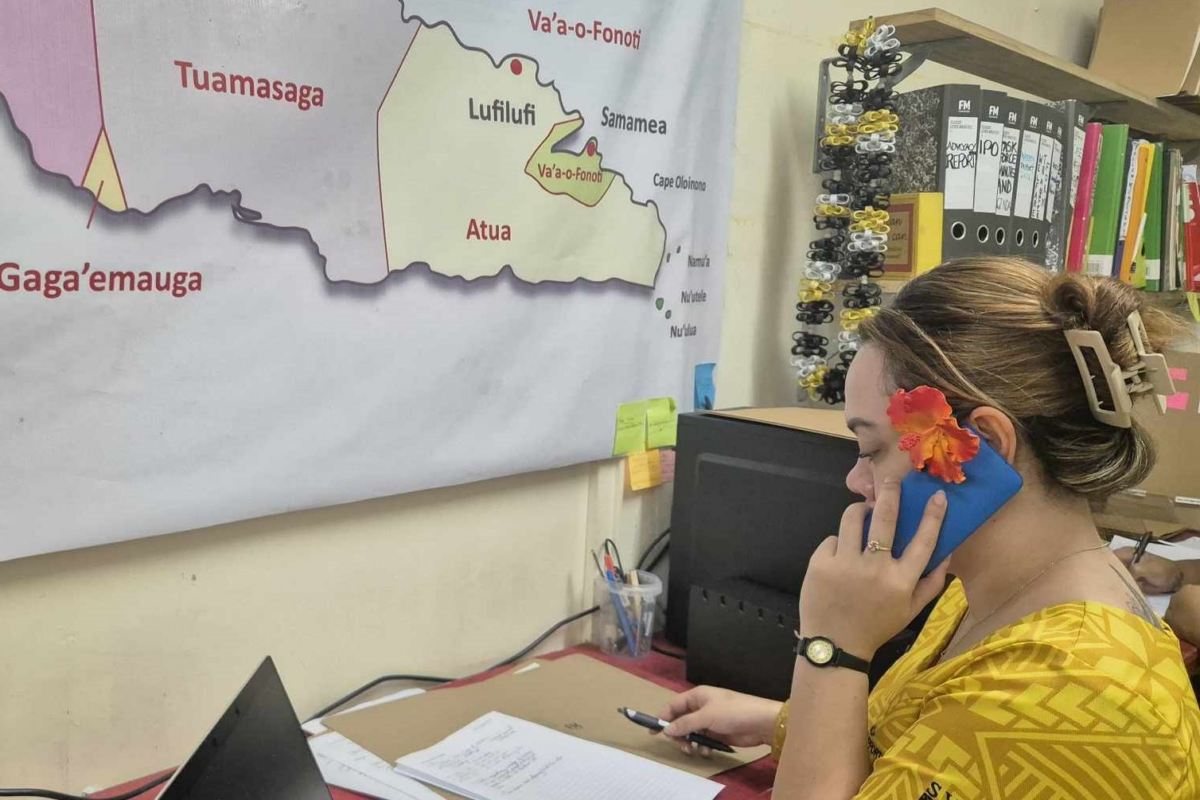
Is Suicide Decriminalised?
Uncertain
Are Crisis Lines Available?
Uncertain
National Suicide Prevention Strategy?
Yes
Population in Need of Support Per Year
Based on the WHO likely attempted suicide rate.
As a calculation of population size against suicide rate
Strength Of Support (Local Qualitative Assessment)
Population
Suicide Rate Per 100K Per Year, all Sexes (SDG 3.4.2)
Suicide Deaths Per Year (By Population)
Namibia, officially known as the Republic of Namibia, is in southwestern Africa. The Namib Desert characterises the landscape with towering dunes and unique rock formations. The country boasts a rich culture with its indigenous San art - intricate rock paintings and engravings that offer a window into the ancient traditions and history of the region. Namibia is famous for iconic creatures like elephants, lions, and rhinoceros. Wildlife conservation and ecotourism are vital to the country's economy.
Namibia is home to the Himba and Herero people. The Himba are famous for their distinctive red ochre body paint and intricate hairstyles, while the Herero are known for wearing voluminous Victorian-style dresses and tribal headdresses.
Christianity is the predominant faith in Namibia, along with indigenous African beliefs, particularly among the San people.
The legal system is a combination of German Civil Law, Customary Law, and elements of Roman-Dutch law which Namibia inherited from colonial-era Germany and South Africa. During that time, suicide was considered a crime. Although Germany decriminalised suicide in 1751, it was still illegal in South Africa in 1968. Remnants of colonial-era laws have persisted in Namibia.
The World Health Organization (WHO) advocates for the decriminalisation of suicide and suicide attempts. Finding out more and removing such laws removes stigma and allows avenues for providing appropriate mental health support to individuals in crisis.
Criminalising suicide punishes distress. Decriminalising suicide saves lives.






